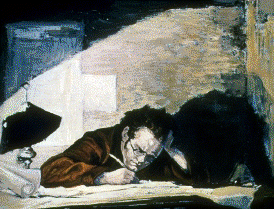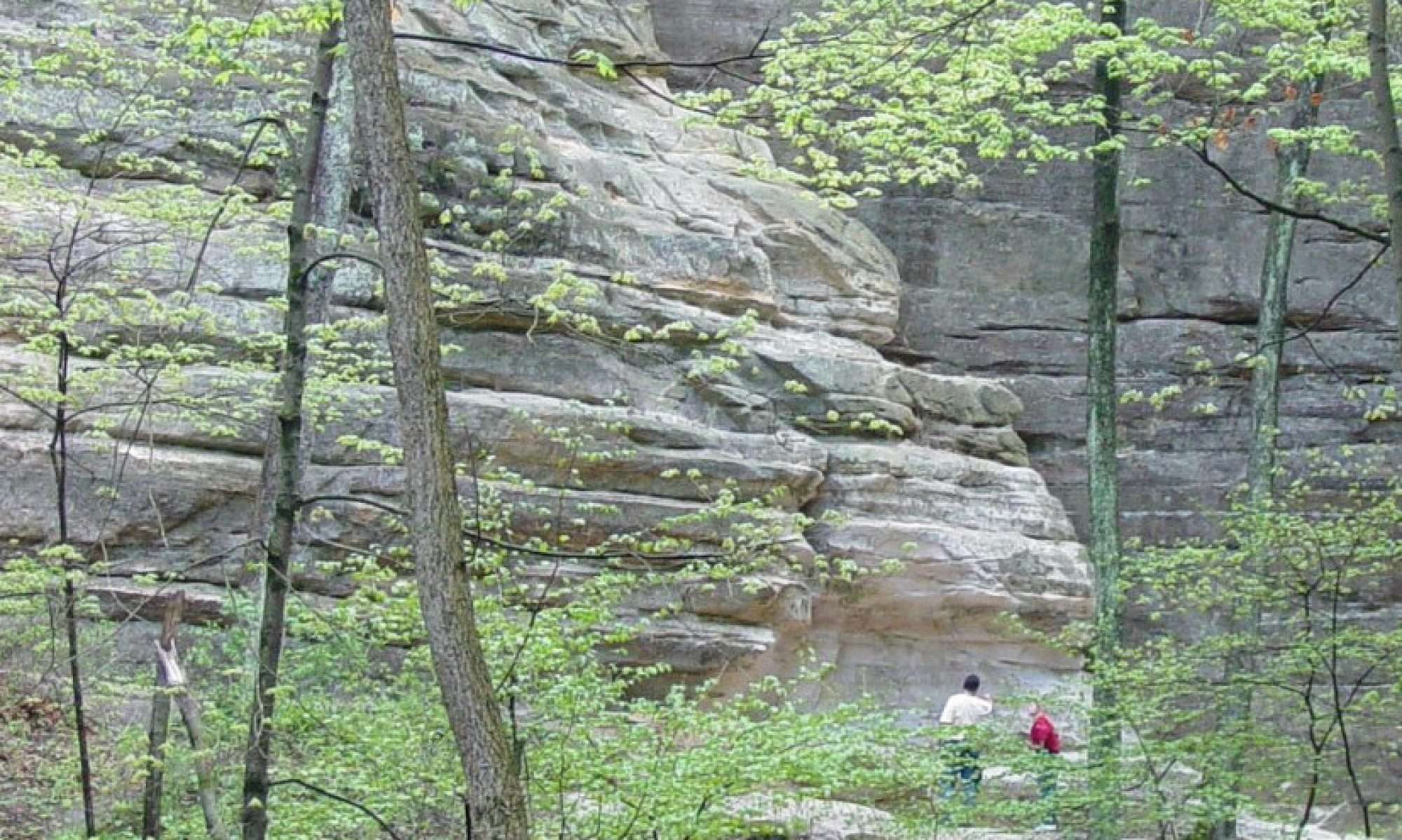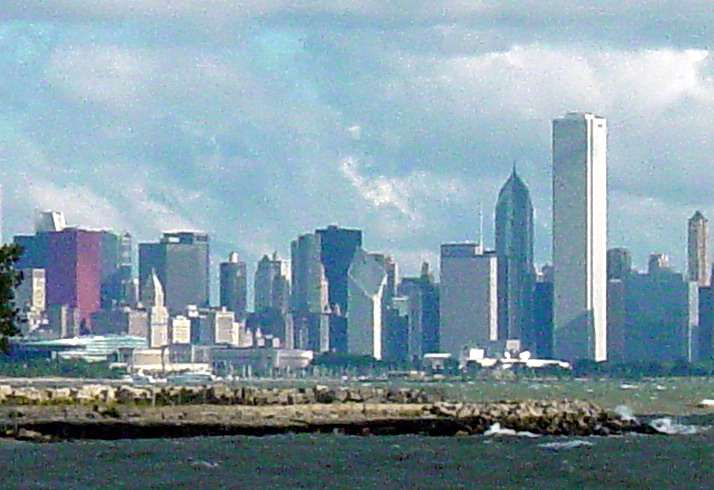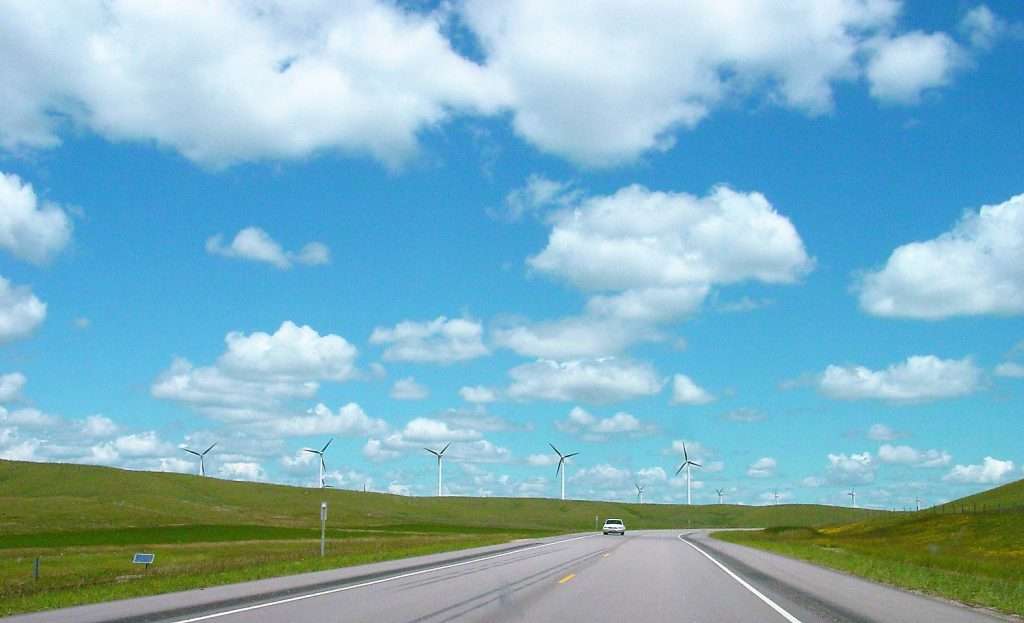
Just two weeks ago I crossed through the magic portal: I retired, not from other and better activities, but from almost two full decades of college teaching. But even before I’d delivered my last lecture, run my last lab, and graded my last exam, I’d rediscovered at home an old, old flame—a collection of thousands of quotations I’ve culled from a lifetime of reading in many different subjects.
Starting in the early 1970s I carefully marked the most interesting ideas in each book I read and then, before consigning it to the shelf, wrote down the passages I especially liked on note cards and looseleaf sheets kept in bulging three-ring notebooks. Later, a few years ago, I started to transcribe those quotations into digital form. But then the demands of my teaching drew me away again.
Now I’m back at it, hammer and tongs. And—joy of joys for a compulsive organizer—I’m doing it more systematically. First, I’m recording in more permanent form my lists of all the books I’ve read since I began keeping track at the age of twenty-one. They total about 2,700 titles. (To the average modern American this may seem a large number, but when one considers the bibliophiles and intellectuals of the past, it’s really not much to crow about.) Next, I’m entering the individual quotations on my daily tick list into one of seventy-one different sections that highlight those themes in science, art, religion, philosophy, I deem especially important.
But why should I bother? From traditional print sources like Bartlett’s to a plethora of websites of varying levels of competence and seriousness, aren’t there enough quotation factories already? Perhaps. All I can say is that I’m madly in love and this is something I simply have to do. And so I shall whether or not it ultimately assumes any public form. The real point here is that I suddenly find myself swimming with a tsunami of great ideas, rather than bobbing in the windless sea of third-rate academic cant. It’s an exhilarating ride, and as a small New Year’s gift to you, I share below a few of the items from my ever-growing hoard. Because this site is primarily devoted to natural history, these selections mostly but not exclusively touch upon familiar themes.
(And by the way, let me know if you can identify the scribbler pictured at top, who is one of my personal Heroes of Art. At this point I can’t offer the first responder a new sports car or wall-sized flatscreen TV, but you will earn my undying admiration. )
* * * * * *
We shall never fully understand nature (or ourselves), and certainly never respect it, until we dissociate the wild from the notion of usability—however innocent and harmless the use.
– John Fowles, The Tree
* * * * * *
The mists of the North have bewitched the Black, or Pontic, Sea. Beyond it lay the Bosporan kingdom and at its western end the Symplegades opened to the Amazon coast—merciless cliffs with dark patches streaked like walnut leaves in autumn; and the eastern or Caucasian end was known as the ‘furthermost run for ships,” where seventy tribes all spoke their separate tongues. “Thence people go to Amisus and Sinope, a sea voyage of two or three days, since the shores are soft because of the outsets of the rivers,” which build small sombre beaches, blackish like a dream. The water is shallow with flat rocks, and so little salt that rock-doves come to sip it; the foam is not crisp like the Aegean but greenish as old ivory, and loosely spangled; and the sun flecks it weakly, like flashes from rings.
– Freya Stark, Rome on the Euphrates (the interior quotations are from Plutarch’s Eumenes)
* * * * * *
From fateful error, many times compounded, spins the intricate web of life.
– Clifford Grobstein, The Strategy of Life
* * * * * *
I was as interested in the discovery of limestone as if it had been gold, and wondered that I had never thought of it before. Now all things seemed to radiate round limestone, and I saw how farmers lived near to, or far from, a locality of limestone. . . . I read a new page in the history of these parts in the old limestone quarries and kilns where the old settlers found the materials of their houses.
– Henry David Thoreau, from a journal entry of 1850
* * * * * *
. . . Standing on a street corner waiting for no one is Power . . .
– Gregory Corso, from “Power”
* * * * * *
I love the birds and beasts because they are mythologically in earnest.
– Henry David Thoreau, from the journal entry for March 31, 1852
* * * * * *
[Of the eruption of Mount Vesuvius in 79 CE] We had scarcely sat down when night came upon us, not such as we have when there is no moon, but that of a room when it is shut up, and all the lights put out. You might hear the shrieks of women, the screams of children, and the shouts of men; some calling for their children, other for their parents, others for their husbands, and seeking to recognize each other by the voices that replied; one lamenting his own fate, another that of his family; some wishing to die, from the very fear of dying; some lifting their hands to the gods; but the greater part convinced that there were now no gods at all, and that the final endless night of which we have heard had come upon the world.
– Gaius Plinius Caecilius Secundus (Pliny the Younger), from a letter to Cornelius Tacitus
* * * * * *
You would never believe the sport and entertainment that your human puppets provide daily for the gods. You are aware that these gods set aside their sober morning hours for composing quarrels and listening to prayers. But after that, when their minds are well clouded from the nectar and they have no desire to transact business . . . they sit there, gazing down at mortal men and watching them argue. There is no show like it. Good God, what a theater!
– Desiderius Erasmus, The Praise of Folly
* * * * * *
In troubled times of uncertainty or transition all sorts of low individuals always appear everywhere.
– Fyodor Dostoyevsky, The Devils
* * * * * *
The universe is the ultimate free lunch.
– The cosmologist Alan Guth, quoted in Hawking’s A Brief History of Time
* * * * * *
We call nature–meaning this totality in all of its manifestations–the Ultimate Non-Absolute.
– Frank Herbert, Children of Dune
* * * * * *
[Of America’s natural features] Nothing dollarable is safe, however guarded.
– John Muir, quoted in Wulf’s The Invention of Nature
* * * * * *
When people talk of going back to nature, do they really know what they are asking for?
– Joseph Campbell, Myths to Live By
* * * * * *
How happy I am to be able to stroll in the woods, among the trees, bushes, wild flowers, and rocks. No one can love the country as much as I do. The woods, trees and rocks return the echo which man is longing to hear!
– Ludwig van Beethoven, from an 1810 letter, translated by Lillian R. Hall and quoted in Schott’s liner notes to the Sony Legacy CD recording (SBK 89838) of Beethoven’s 1st and 6th Symphonies
* * * * * *
Homo sum: humani nihil a me alienum puto.
[I am human, and am therefore indifferent to nothing done by humans.]
– Publius Terentius Afer (Terence)
* * * * * *
“My dear, dear aunt,” she rapturously cried, “What delight! What felicity! You give me fresh life and vigor. Adieu to disappointment and spleen. What are men to rocks and mountains? Oh, what hours of transport we shall spend! And when we do return, it shall not be like all other travelers, without being able to give one accurate idea of anything. We will know where we have gone—we will recollect what we have seen. Lakes, mountains and rivers will not be jumbled together in our imaginations; nor when we attempt to describe any particular scene, will we begin quarreling about its relative situation. Let our first effusions be less insupportable than those of the generality of travelers.”
– Jane Austen, Pride and Prejudice
* * * * * *
The real danger lies in our loathing of man and our pity of him. If these two emotions should one day join forces, they would beget the most sinister thing ever witnessed on earth: man’s ultimate will, his will to nothingness, nihilism. And indeed, preparations for that event are already well underway.
– Friedrich Nietzsche, The Genealogy of Morals
* * * * * *
[Of his exploration of the Andes] When we reached the crest and looked backwards, a glorious view was presented. The atmosphere resplendently clear; the sky an intense blue; the profound valleys; the wild broken forms; the heap of ruins, piled up during the lapse of ages; the bright-coloured rocks, with quiet mountains of snow; all these together produced a scene no one could have imagined. Neither plant nor bird, excepting a few condors wheeling around the higher pinnacles, distracted my attention from the inanimate mass. I felt glad that I was alone: it was like watching a thunderstorm, or hearing in full orchestra a chorus of the Messiah.
– Charles Darwin, The Voyage of the Beagle
* * * * * *
To make Routine a Stimulus
Remember it can cease—
Capacity to Terminate
Is a specific Grace—
– Emily Dickinson, from Poem 1196
* * * * * *
O now the drenched land awakes
Birds from their sleep call
Fitfully, and are still.
Clouds like milky wounds
Float across the moon.
O love, none may
Turn away long
From this white grove
Where all nouns grieve.
– Kenneth Patchen, an untitled poem
* * * * * *
The only way you can feel the least bit important is to think of all the mud that didn’t even get to sit up and look around.
– Kurt Vonnegut, Jr., Between Time and Timbuktu





